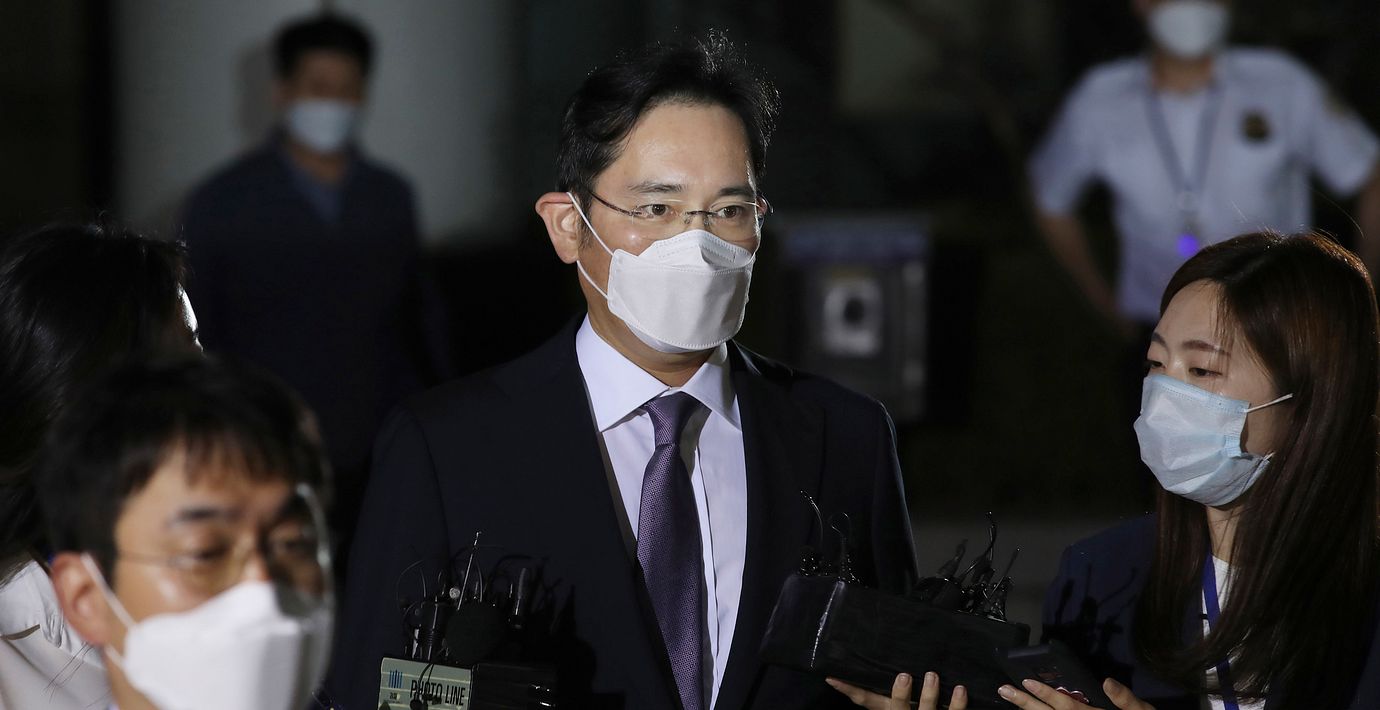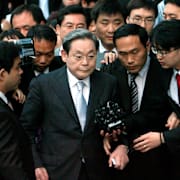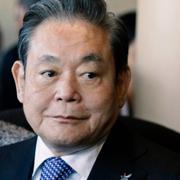
Bedömare utesluter inte fejd mellan arvtagarna
Sedan Samsung-ordföranden Lee Kun-Hee drabbades av en hjärtinfarkt 2014 har techimperiet i praktiken styrts av sonen och tillika vice ordföranden Lee Jae-Yong. Men nu när Lee den äldre har dött, är det inte omöjligt att det blir en fejd mellan Jae-Yong och hans systrar Boo-Jin och Seo-Hyun om kontrollen över tillgångarna och konglomeratet. Det menar bedömare som flera medier har talat med.
– Det har gått sex år sedan Lee lades in på sjukhus, så om det finns ett konsensus mellan barnen kommer successionen i Samsung ske under ordnade former. Om inte, finns möjligheten att det blir en fejd, säger Park Sang-In, professor vid Seoul National University, till Reuters.
Nyhetsbyrån Yonhap skriver att sonen trots allt väntas ta över rodret officiellt, men det faktum att han just nu befinner sig mitt uppe i en rättegång i högre instans – med åtalspunkter som redovisningsbedrägeri och marknadsmanipulation – kan försvåra övergången.
Analytikern Sanghyun Park vid plattformen Smartkarma spår att Samsungs aktiekurs kan stiga efter Lee Kun-Hees död, eftersom arvtagarna kan komma att tvingas sälja andelar i Samsungbolagen för att minska de förväntat stora summorna i arv- och fastighetsskatter.


